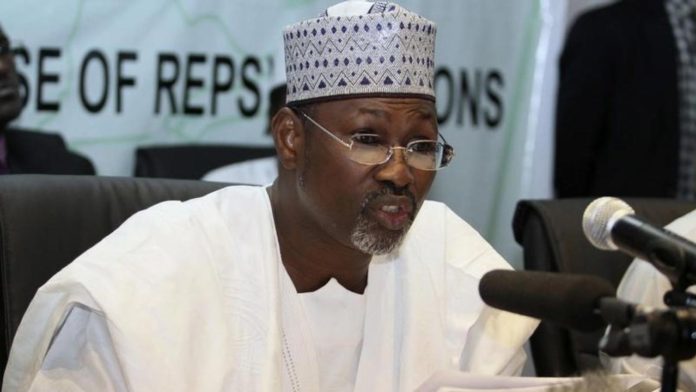The biggest danger to the success of this year’s general elections are politicians and the electorate, the former chairman of the Independent National Electoral Commission, INEC, Prof. Attahiru Jega, has said.
On Tuesday speaking in Abuja while delivering a keynote address at the public sensitisation on peaceful co-existence and the need to have hitch-free elections, Prof Jega observed that the so-called political class as active partisans and candidates, contestants in elections, are the category of stakeholders with perhaps the least noticeable improvements in the ways they engaged with the electoral process since 1999.
He explained that their mindset is to achieve victory at all costs; win elections by deploying ‘all means necessary’ and see electoral contests as a “do-or-die” affair, saying that they have done this since 1999 and have continued to do so and are likely to continue in 2023.
He opined that what may constitute the major challenge to the 2023 general elections is that “their criminal and fraudulent predispositions increased” so long as their impunity has remained unchecked.
He said, “Politicians and the electorate are the biggest danger to the success of February 25 and March 11 general elections.”
According to him, this year’s elections are generally acknowledged both at home and abroad as the most consequential elections to be held globally.
Jega explained, “To my mind, the most worrisome challenges going into the 2023 general elections are the attitude and disposition of the so-called political class (politicians and political party bureaucracy or aristocracy); and the attitude and disposition of the electorate, the eligible voting citizens, as they engage with the electoral process.”
He observed that another major concern is the attitude and disposition of the electorate, including citizens who qualify to register and vote.
Increasingly, he stated that even if they register to vote, they hardly make an effort to vote as declining voter turnout statistics of general as well as off-season elections indicate, suggesting that this may be a result of a crisis of rising expectations; and/or inadequacy, or lack of sensitization, political and voter education.
